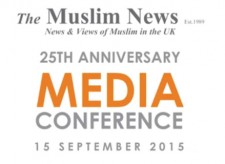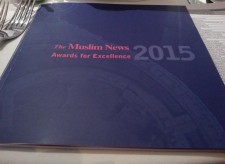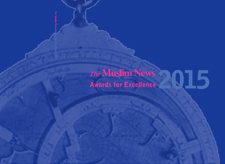This month the High Court handed down a judgment which has the potential to be hugely significant to Muslim couples who marry (or were married) following an Islamic marriage ceremony (a Nikah) but did not then register their marriage under English Law. Until now, the prevailing view has been that in the absence of a civil marriage ceremony, the Nikah was not recognised as a ‘marriage’ under English Law, and thus was not capable of being adjudicated upon. Significantly, this meant that neither party was able to have recourse to the courts for such matters as the division of financial assets or maintenance payments.
However, the decision in Akhtar v Khan [2018] EWFC 54 has redefined how the law sees a Nikah. Ms Akhtar and Mr Khan conducted a Nikah ceremony in 1998 in a restaurant in Southall, West London. The Nikah was officiated by an Imam in front of family and friends.
Ms Akhtar claimed that prior to and immediately after the Nikah, she had discussed with Mr Khan the need for a civil ceremony after the Nikah, and believed that this would occur. Her father had also discussed this matter with Mr Khan. The Imam who officiated the Nikah also advised Ms Akhtar’s father of the need for a civil ceremony to register the marriage. Mr Khan denied that there was ever any discussion about a civil ceremony but the judge found this hard to believe in the circumstances and rejected it.
After the Nikah, Mr Khan introduced Ms Akhtar to family and friends as his wife but refused to have a civil ceremony. Ms Akhtar’s evidence (which Mr Khan denied, but the judge accepted) was that she had raised the issue of a civil ceremony many times after the Nikah, even after their children were born, but that the issue often led to arguments and therefore she did not pursue it.
The couple spent some time living in Dubai whilst Mr Khan worked there, and he applied for and obtained a spousal visa for Ms Akhtar on the basis of a Nikah certificate he procured some years after the ceremony had taken place. So far as the UAE authorities were concerned, therefore, the parties were lawfully married.
Unfortunately, from 2011 onwards the relationship deteriorated, and Ms Akhtar attempted to leave, but then returned. The relationship continued albeit under strain until around 2016, when Ms Akhtar applied for a divorce, and orders in respect of the family home and child arrangements. Mr Khan contested the divorce application on the basis that there had never been a valid marriage under English law.
After an extensive court hearing, in which the Attorney General was invited to participate, the judge considered that:
A. Both Mr Khan and Ms Akhtar had entered the Nikah ceremony expecting it to be followed by a civil ceremony, and
B. Ms Akhtar expected that to happen shortly after the Nikah but the only reason it did not be due to Mr Khan’s refusal to follow through with it, and
C. where Ms Akhtar continually sought Mr Khan’s agreement for a civil ceremony to take place, and
D. where the couple lived as a married couple for all intents and purposes and were treated as validly married by the UAE authorities,
then in those circumstances, rather than treat the marriage as ‘invalid’, it was considered to be ‘void’ – which, (somewhat confusingly, especially for a non-lawyer) is not the same thing. A void marriage is one that is considered never to have taken place for some reason; in this case, the judge found that to be so because certain requirements as to the formation of a marriage were disregarded (here, the requirement for a civil ceremony). However, significantly, where a marriage is void rather than invalid, it can be nullified, and a party can still seek financial and maintenance orders from the court.
This is by no means confirmation that all Nikah ceremonies will be considered as void marriages, such that a spouse will be entitled to seek financial orders upon the relationship breaking down. Each case will depend on its facts and, following this case, the intentions of the parties so far as a civil ceremony is concerned. However, it is an interesting development at a time when the status of a Nikah is in the spotlight, following a review of Sharia Councils which recommended that all Muslim couples undergo a civil ceremony as well as a Nikah. It remains to be seen whether growing calls for all Nikahs to be accepted as valid marriages for the purpose of English law will be heeded or not.
[Image: Creative Commons]
Safia Tahroo, Barrister, 42 Bedford Row, London

















